Imagine you are a gym owner in Los Angeles, and your clients keep asking if there is an app where they can book sessions, follow workout plans, and track their progress. After juggling these questions daily, you have finally decided to go digital. But the biggest question remains: “Where should you start?” Should you opt for a custom-built solution or a white-label fitness app? This is one of the most common dilemmas for business owners entering the digital fitness space.
As more people seek wellness tech in competitive cities like LA, it is essential to pick the right app development path. Partnering with an experienced fitness app development company in Los Angeles can help align your app’s functionality with your brand vision and client needs. It does not matter whether you operate a small gym studio or are expanding a fitness franchise across the USA; the decision between white-label app and custom fitness app development is critical.
Overview
Both custom-built and white-label fitness apps allow you to reach users more closely, improve engagement, and grow your brand. But the key is to choose the model that fits your resources, goals, and scalability needs. Let’s have a deep dive into the meaning of both options available, along with how they differ from each other.
What is a White-Label Fitness App?
A white-label fitness app is a pre-built solution developed by a third-party provider. White-label fitness apps usually include essential features like workout plans, meal tracking, and session bookings. They are ideal for businesses seeking a fast and low-risk digital entry point.
What is a Custom-Built Fitness App?
A custom-built fitness app is developed from scratch based on your specific business needs. This is an ideal choice if your business offers advanced programming, AI-driven coaching, or needs wearable device integration. Only an experienced fitness app development company can help bring your vision to life while incorporating best-in-class design and functionality.
Key Differences Between White-Label and Custom-Built Fitness Apps
Whether you are managing a boutique gym, personal training brand, or a fitness franchise, the type of app you choose will shape how clients interact with your services, how you scale operations, and how well your brand stands out. Below is a breakdown of the main differences between white-label and custom-built fitness apps:
1. Development Time
White-label fitness apps are pre-built and can be customized with your branding, allowing you to go live in a matter of days or weeks. This is ideal for gym owners or trainers who need a quick solution to offer online class booking, video workouts, or diet plans.
On the other hand, custom fitness apps require significantly more time to plan, design, and build. In fact, development can take several months from designing unique training flows to integrating with wearables or CRM systems. However, this route gives you the ability to create something truly aligned with your workout methodologies, client experience strategy, and business model.
2. Investment and Pricing Model
White-label apps typically offer subscription-based pricing, which helps small gyms, fitness startups, or solo trainers manage costs early on. However, recurring fees and upgrade limitations can add up over time.
Custom-built fitness apps involve higher upfront costs for development but often result in lower long-term expenses, especially if you want to monetize your app through class packs, memberships, or in-app coaching. The investment pays off in control, ownership, and differentiation for established gyms or franchises.
3. Personalization Scope
White-label apps allow only limited personalization: you can add your logo, change colors, and insert your content, but the overall app structure remains the same across all clients. That means your HIIT studio in Los Angeles may offer the exact same app experience as a yoga retreat in Texas.
With a custom app, you get to design your fitness experience from scratch. Whether it is progressive workout tracking, nutrition integration, or member rewards, the app reflects the core of what makes your offering unique.
4. Control Over Features
Need to add real-time group class schedules, integrate body composition assessments, or sync with members’ smartwatches? A white-label solution may not support these requirements unless they are part of the existing toolkit of the top mobile app development company in Los Angeles. You are limited to pre-built features and their update roadmap.
However, custom apps give you complete flexibility to build features that align with your business model. If your fitness brand includes live-streamed classes, member leaderboards, or AI-generated routines, a custom approach lets you build what you envision without compromise.
5. Intellectual Property Ownership
When using a white-label app, your fitness business is essentially renting the platform. You don’t own the source code, so you are dependent on the provider for updates and continued access. This makes it difficult to pivot or grow independently in the future.
But the custom-built apps become a digital asset owned entirely by your brand. You have full rights over the source code, data, and infrastructure. This allows for complete autonomy, potential resale, or integration into a larger digital ecosystem as your business grows.
6. Scalability Potential
White-label platforms are ideal for businesses with modest or static service offerings like pre-recorded workout videos or simple class bookings. But as you introduce new programs, expand to multiple locations, or target different member segments, you may find the platform restrictive.
On the other hand, custom apps are built with growth in mind. They can support multi-location functionality, hybrid models (in-person + virtual), member segmentation, advanced analytics, and expansion into corporate wellness or wellness retreats. This is especially important for fitness brands eyeing regional or national growth.
7. Brand Differentiation
Your fitness brand is more than a logo, as it is an experience. Though white-label apps are functional, they often look and feel like every other fitness app using the same platform. That means less brand recall and a higher chance of blending into the crowd.
But custom-built apps help you create a signature digital experience. In fact, every detail can be customized to reflect your brand tone, values, and visual identity, from onboarding flows to how members book sessions or receive notifications. This helps your business stand out in a saturated fitness market like Los Angeles.
8. Maintenance and Technical Support
White-label providers manage app maintenance, updates, and bug fixes, which is helpful for fitness entrepreneurs or studios without a tech team. It reduces operational overhead but also means you are locked into their timelines and support availability.
With a custom app, you are in control of your app’s performance and evolution. Whether it is pushing updates during seasonal campaigns or adapting the app based on user feedback, custom development gives you the ability to act quickly and strategically.
Conclusion
Choosing between a white-label or custom-built fitness app is all about alignment. Each path supports different business goals, operational needs, and brand ambitions. White-label apps make digital entry swift and cost-effective, whereas custom-built solutions unlock long-term scalability and deep personalization.
There are various factors, like budget, growth stage, client expectations, and tech readiness, that will ultimately shape the direction. A small studio looking for fast deployment might benefit from a white-label model, whereas a growing brand with unique offerings may require the flexibility and control of a custom solution.
Being the most trusted fitness app development company in Los Angeles, USA, ZimbleCode helps fitness businesses at all stages navigate this decision with clarity. Our team combines industry insight with technical expertise from launching branded white-label apps to designing custom fitness platforms tailored to your model. Let’s build a solution that fits your fitness journey and your way.
Frequently Asked Questions (FAQs)
Q1. Can I switch from a white-label to a custom fitness app later?
Many fitness brands start with white-label and migrate to custom apps as they grow.
Q2. Is user data secure on both white-label and custom apps?
As long as the provider or developer follows proper data protection standards.
Q3. Are white-label apps suitable for hybrid fitness models?
Some support hybrid models, but functionality may be limited compared to custom apps.
Q4. Can my fitness app be listed on the App Store and Google Play?
Both types can be listed under your brand on major app stores.

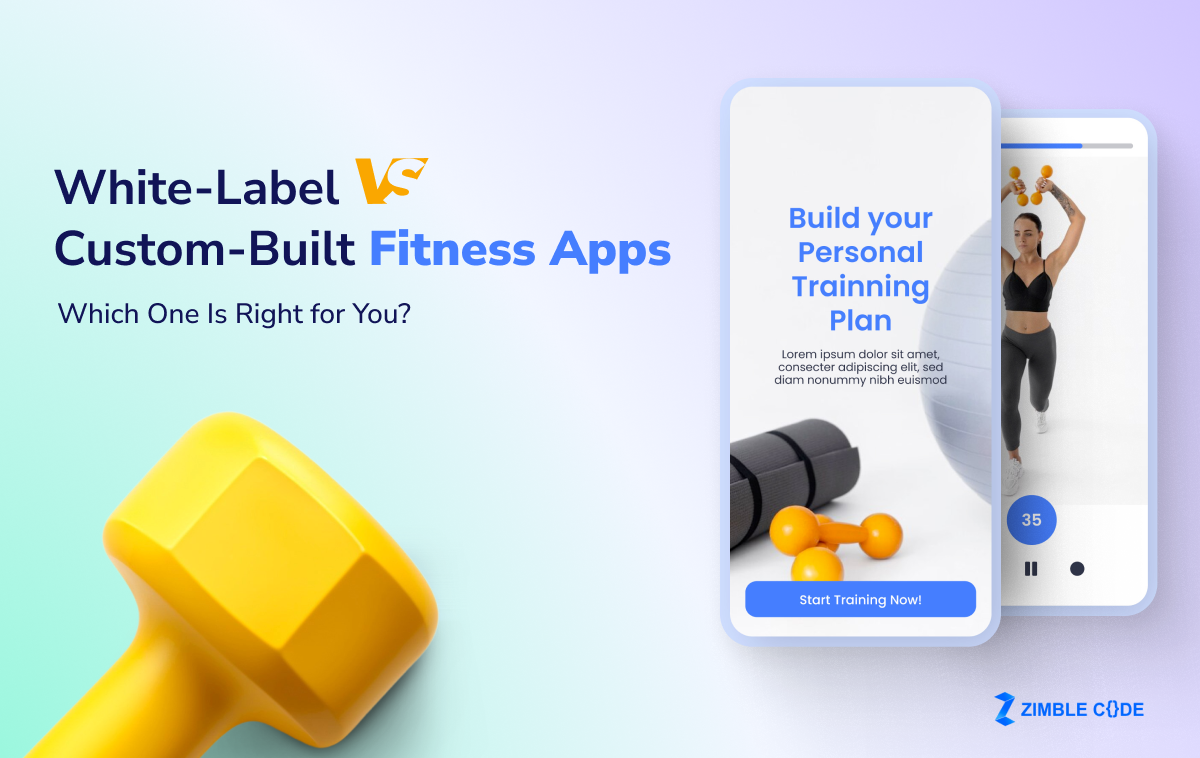





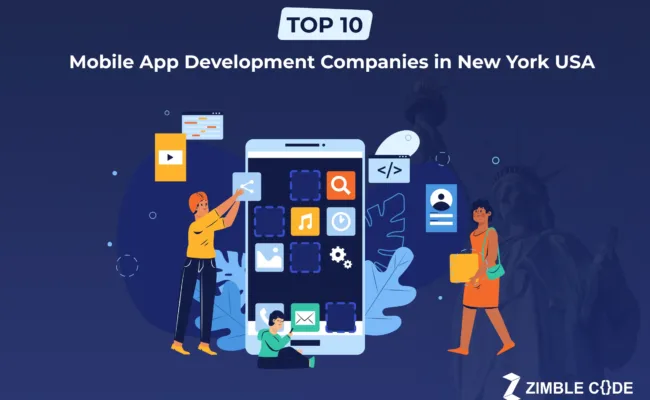
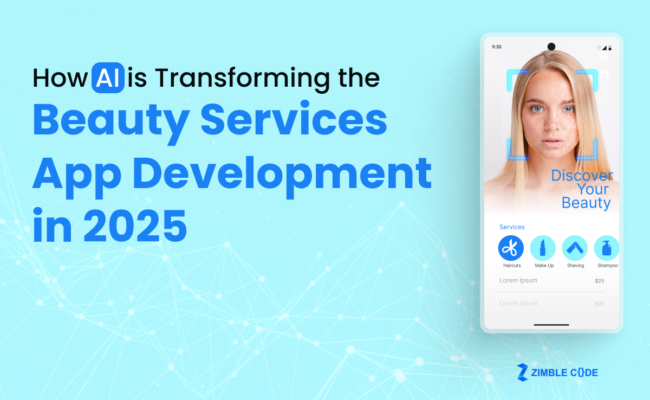
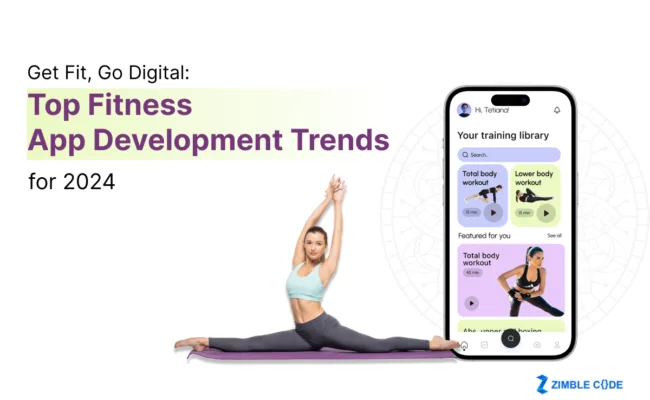

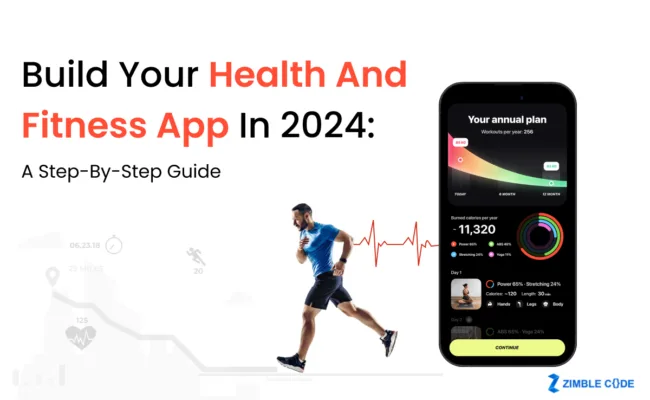

Leave A Comment